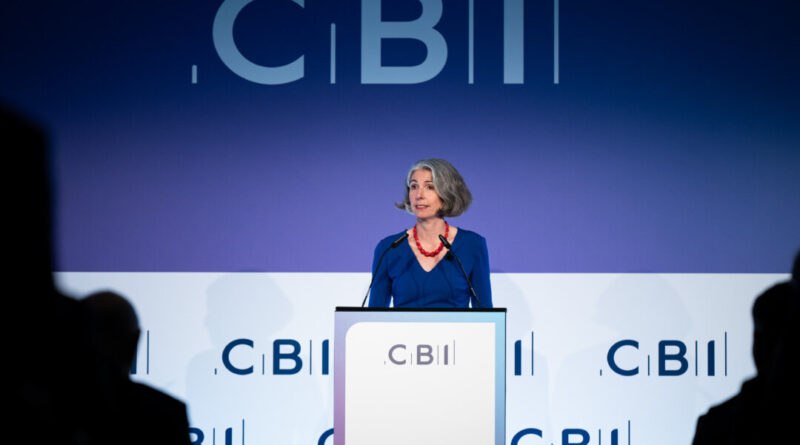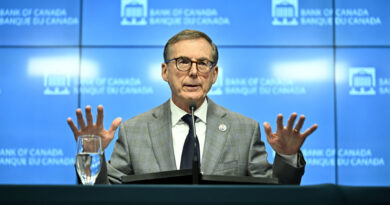UK Companies Taken by Surprise by Budget Tax Increases, Impacting Investment and Expansion: CBI Leader
According to the CBI, two-thirds of UK businesses are planning to scale back their recruitment efforts.
Tax hikes in the autumn Budget caught UK firms off guard and made it harder to expand, invest and hire new people, the head of a business group has warned.
“Across the board, in so many sectors, margins are being squeezed and profits are being hit—by a tough trading environment that just got tougher. And here’s the rub: profits aren’t just extra money for companies to stuff in a pillowcase. Profits are investment,” she said.
Newton-Smith stressed that businesses use profits to invest and grow the economy and that profits should not be thought of as a “bad thing.”
“It’s not a dirty word. When you hit profits, you hit competitiveness, you hit investment. You hit growth,” she said.
The conference heard that Budget measures, announced by Chancellor Rachel Reeves in October, have “made it harder for firms to take a chance on people.”
Newton-Smith said that half of UK firms are now looking to reduce staff and almost two-thirds are looking to cut their plans to hire.
“It’s CFOs asking: can we afford to invest? Can we afford to expand? Can we afford to take a chance on new people? Well after the Budget, the answer we’re hearing from so many firms is – not yet,” she said.
According to Newton-Smith rises in employer National Insurance Contributions (NICs), along with the expansion and rise of the National Living Wage caught UK firms “off guard” and “put a heavy burden” on business.
Rising Business Costs
Earlier this month, hospitality businesses said in a letter to Reeves that some 209 businesses consider her Budget measures “unsustainable” and “regressive” in their impact on lower earners.
Meanwhile, the employment allowance—which lets firms reduce their NI liability—will increase from £5,000 to £10,500.
Commenting on rising costs for businesses, Newton-Smith said:
“Tax rises like this must never again be simply done to business. That’s the road to unintended consequences.”
She added that for UK farmers, the changes to inheritance tax reliefs will add to the already rising business costs.
“Some see those solely as personal taxes, but these are companies where the professional is truly personal, and too many are fearful for the impact, fearful they can’t pass on their livelihoods to future generations,” she told the CBI conference.
But Newton-Smith said that the government should be more flexible and “move faster on promises” to reform business rates.
In line with business rates policies, from 2026-2027, retail, hospitality, and leisure properties with rateable values below £500,000 will be taxed under permanently lower rates, with draft legislation introduced by the Treasury last week.
This tax relief will be funded by higher taxes on properties with a rateable value of £500,000 and above, including large distribution warehouses often operated by supermarkets and retail firms.
Newton-Smith also called for a “simpler” planning system and less complex tax rules.
Looking at the impact of international development on UK economy, the CBI chief said that global conflict and “rising protectionism” expected from the future Donald Trump administration in the United States is a push for Britain to seek business partners across borders.
“While things remain uncertain abroad, this government has put us in a strong position by drawing the curtain on a near-decade of instability at home,” Newton-Smith said.
PA Media contributed to this report.





